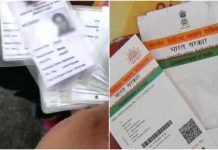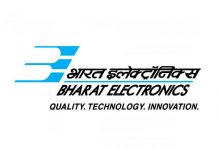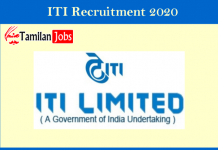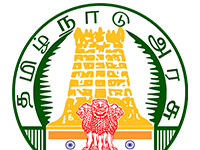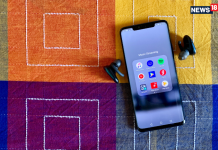UPI Vs NEFT Vs RTGS: Which Is Better Electronic Money Transfer Service
The most important advantage of UPI is that one is not required to enter the bank account details every time to transfer the money
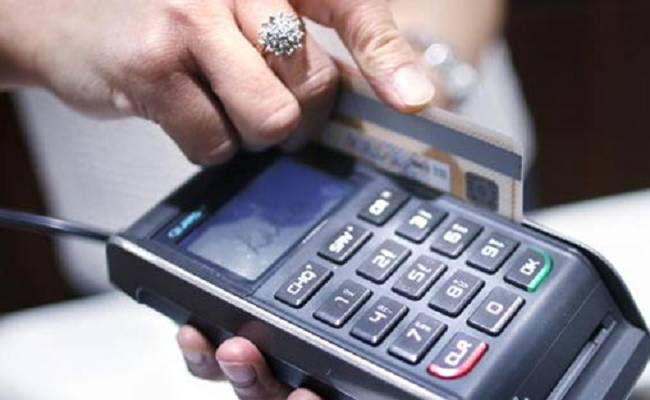
Will WhatsApps Foray create a disruption in the existing UPI Market?
A number of digital payment and money transfer options such as e-wallets and Unified Payments Interface (UPI) has got popular in the recent past. While this happens, the earlier money transfer options including National Electronics Funds Transfer (NEFT), Real Time Gross Settlement (RTGS) and Immediate Payment Service (IMPS) have improvised to become faster than earlier. Besides the faster money transfer, charges levied on the banking transactions have also declined. As a matter of fact, in order to promote the online transactions, most banks have either slashed the charges levied on these electronic services significantly, or have waived them.
UPI (Unified Payment Interface): The most important advantage of UPI is that one is not required to feed the bank account details to be able to transfer the money. So, prima facie it appears relatively safer. WhatsApp has also launched its UPI service recently, but it has not been officially launched, and is currently in the trial mode.
Besides Whats App, the UPI is available on several other platforms such as Google Tez and Phone Pe. Even government-run BHIM app provides UPI service. One can use the UPI for an array of purposes such as shopping, transferring money to friends, merchants and relatives, among others. To be able to get the UPI service, one need to have an access to bank account, mobile number that is linked with the bank account, debit card for re-setting MPIN.
For activating the services, one must do the following: a) download the UPI app, b) Complete the registration online by logging in the account details, c) Create a virtual identification, d) It should be followed by setting the mobile PIN (mobile personal identification number). At present the transaction limit under UPI is Rs1 lakh per transaction but there are no charges levied on customers for the using it.
The digital payment modes are not only used for shopping only. You could also use them to transfer money to your family and friends. In such cases, the factors that become important are convenience, charges and safety. Convenience includes the speed and reliability of the transaction as well as its availability at the particular time. For instance, UPI transactions are instant and in most apps mentioned here, simple to use and free of charges, as of now, and are therefore becoming popular. The one drawback is, currently not all merchants accept UPI payments.
NEFT (National Electronic Fund Transfer): There is no limit on how much can be transferred using national electronic fund transfer (NEFT). However, these transactions can only be carried out during a working hours of a bank. The transactions are cleared in the batches every half an hour. The charges levied on NEFT are very minimal, up to Rs. 25, plus taxes.
RTGS (Real Time Gross Settlement): The minimum amount of transaction that can be done amounts to Rs. two lakh. Unlike the NEFT, these transactions can be done anytime. The Real Time Gross Settlement (RTGS) is better for the transactions that are high-value and need to be processed in real time. Charges for the RTGS are capped at Rs. 55, plus taxes. The fundamental difference between RTGS and NEFT are settlement timings. The RTGS is based on the gross settlement where the transaction is settled after an instruction is issued to do so. The NEFT, on the other hand, is a money transfer system that settles transactions in batches.
However, for one-time payments or money transfer one might prefer the UPI over other payment options, since it can be accessed via a variety of platforms.





